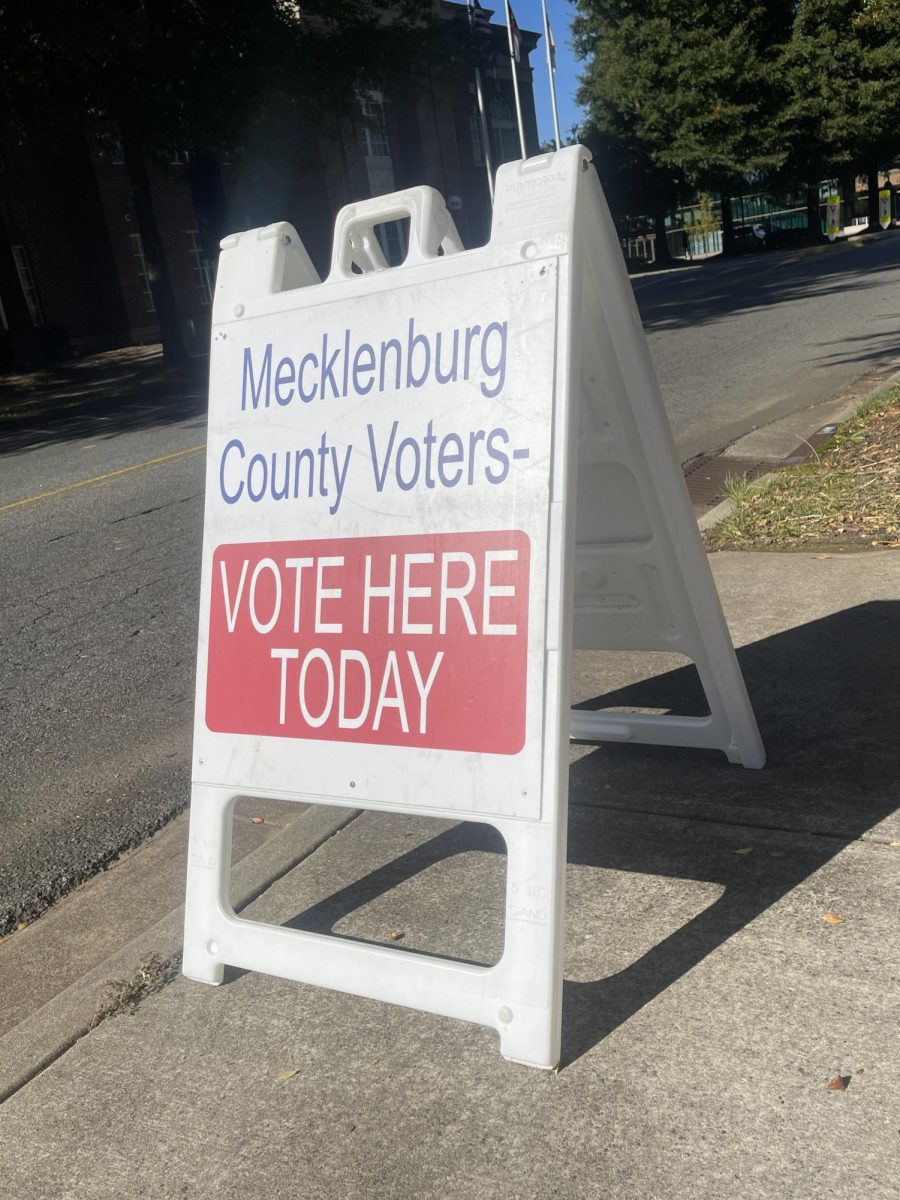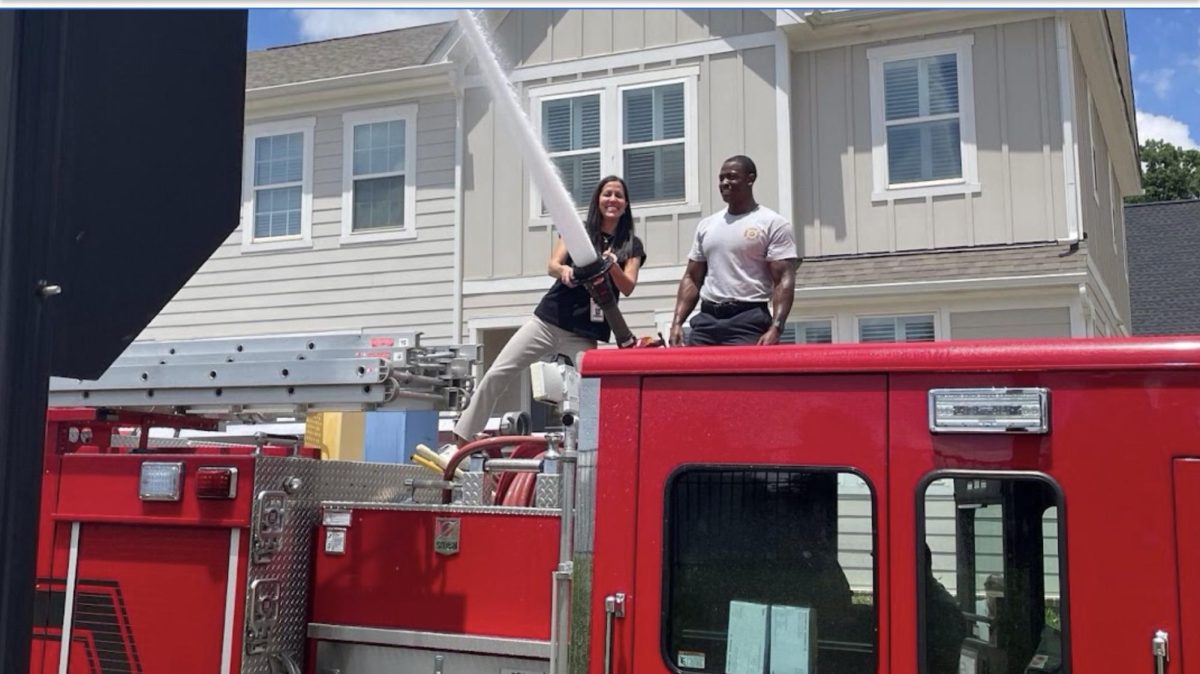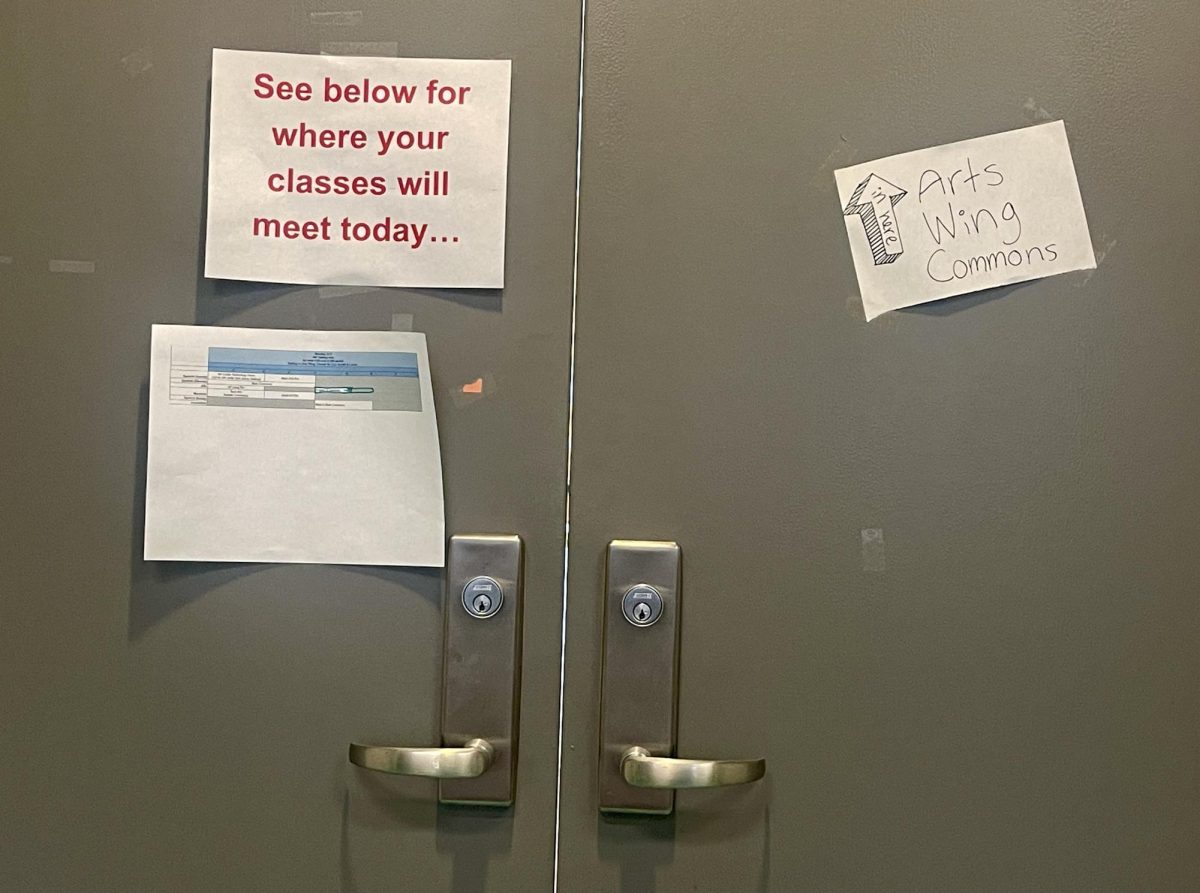In early November, Americans from coast to coast will go to the polls to decide whether they wish for the President to be a Democrat or a Republican. North Carolinians will also elect many local, state and federal offices. From school board members to senators and judges to town counselors, the 2024 election, at long last, has arrived, early voting is open and it is time for voters to speak.
For first time voters, including many CSD seniors and even a handful of juniors who are 18-year-olds (16 and 17-year-olds may pre-register for when they turn 18 but they cannot vote in this election), knowing and understanding the process can make for a successful first trip to the ballot box.
The most important first step for a new voter to know is how to register to vote in North Carolina.
How To Register To Vote
There are two primary ways to register to vote; through the DMV or by mail.
How can you register via the DMV? The two main ways to register to vote through the DMV are at a physical location when doing another activity, such as getting a driver’s license or permit and if you have ever replied “yes” to being asked by a DMV employee if you wish to register. If you have done this then you already likely are (you can check here by just typing in some basic information). You are also able to register to vote by filling out a form online through the DMV.
Residents can also register to vote by mail in North Carolina by filling out the appropriate form, which can be found on the DMV website and sending it in through the mail. For the 2024 election, this could only be done until October 11.
While it is worth noting that the voter registration deadlines closed on October 11, you can still register in-person if you are doing early voting. To do this, you must provide proof of residency in the forms of a driver’s license, utility bill or student ID with your full name and home address on it.
How To Vote In North Carolina
Speaking of voting, it is worth discussing the ways in which you can vote, how to find polling places and how to vote by mail.
There are three primary ways in which you can vote – in-person early, by mail and in-person on Election Day.
To vote in person early, you must go to a polling location within your county between the dates of October 17 and 3 p.m. on November 2.
To vote by mail, you must request an absentee ballot from the state Board of Elections (the portal can be found here) by October 29th, and then you must either send it through the mail or return it to an early polling place or to the office of your county Board of Elections, with the deadline for the latter being at 7:30 p.m. on election day.
To vote in-person on election day, you must visit your local polling station between the hours of 6:30 a.m. and 7:30 p.m. on election day (November 5 this year). You are required to vote at your local polling place (which can be found here), you must also bring a valid photo ID.
If you vote on election day, you are required to bring with you a photo ID (such as a driver’s license or valid passport). School ID cards from a college or university are acceptable, but those from a high school are not. You can also obtain a non-operator ID from the North Carolina Department of Motor Vehicles, a full list of acceptable types of identification can be found here.
Being Prepared And Knowing Candidates Matters
Being prepared and knowledgeable about who will be on your ballot is essential to being an effective voter and to understand who and what you should vote for to advance your interests and values.
According to rockthevote.org the first thing which you should do it obtain a sample ballot to see who and what you are voting for (a sample ballot for your area can be accessed through this link).
Once you have found your sample ballot, you can look up the candidates to find their websites. There you can often find endorsements and platform statements. This can help you determine if you agree with them enough to cast your vote for them.
Ballot measures such as changes to the state constitution are also items you may see on your ballot. For research purposes, a comprehensive list of statewide ballot measures can be found here.
Your Vote Matters
Voting is both an important civic duty (which is one of the core foundations of our constitutional republic) and is an important way to ensure your priorities are addressed in the manner you wish.
It is worth remembering that, by-and-large, it is significantly less likely that the policies you wish for will be addressed.
Overall, voting is an important thing that all students who are able to do should do.







